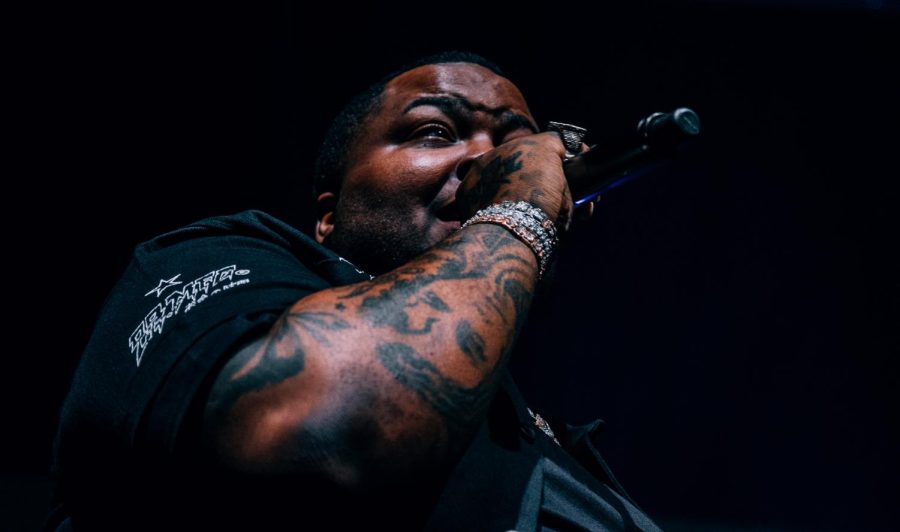 I was going to write this column about how I got a haircut and it brought me out of my pre-spring doldrums, except then I actually read last week’s issue, and — well, you know the rest.
I was going to write this column about how I got a haircut and it brought me out of my pre-spring doldrums, except then I actually read last week’s issue, and — well, you know the rest.
That left me feeling a little down, but I knew I could find something awesome to write about that would lift my spirits back up.
I found it, but it didn’t brighten my world at first. Guess what teen pop star had a birthday last week?
Yes, dear readers, I’m writing a column about Justin Bieber.
Don’t worry; I’ve come to bury Bieber, not to praise him. The kid might have potential, but he’s not this year’s Best New Artist for a reason — other than splitting the R&B vote with Drake.
I’m not really interested in Bieber for his own sake. What caught my eye in the midst of the media’s Bieber Birthday Bonanza (patent pending) was not his much-improved haircut or his semi-secret girlfriend, but the magic number plastered across the Internet: 17.
It shouldn’t have been a shock. Part of the reason Bieber’s not taken seriously in a lot of circles because he’s about two steps out of Teeny-Bopper Land.
But it’s one thing to know abstractly that Justin Bieber’s the most famous kid you know. It’s another to be reminded that someone four years younger than me makes millions for singing in prepubescent octaves, whereas I’m shelling out thousands here to learn how to write about people like him for the rest of my life.
Bieber’s not the only offender, of course. Miley Cyrus, Taylor Swift, Dakota Fanning and all the young stars like them seem to be collaborating to make me feel like a failure for not having already achieved everything I want years ago.
Knowing that most of these teen stars will flame out early is a small consolation, but only just. At least in high school, when a group of gifted and/or lucky junior celebrities started making headlines, you could take solace in the fact that they were roughly the same age as you. But with every year that passes, we get older and the million-dollar-babies stay the same age.
It was hard to find the silver lining at first, but in the midst of my submersion into the world of celebrity, I stumbled across a series of stories on the Oscars, and eventually found myself reading about David Seidler, the writer who won this year’s award for Best Original Screenplay for “The King’s Speech.”
I remembered him mentioning in his acceptance speech that at 73 he was the oldest screenwriter to win the award, but I didn’t think much of it at the time. After all, maybe he’d started late, or had just gotten lucky now.
But that’s not the case — at least not entirely. A stutterer himself in his youth, Seidler had wanted to write “The King’s Speech” ever since college, but between his hesitancy to relive his stuttering days and a request from the king’s widow to delay the effort until after her death, decades passed without a finished product.
When I read this, I expected Seidler to regret the years lost. But that’s not what he told a CNN reporter. “The King’s Speech” written years earlier might have been a “‘fairly reasonable script,’” he said, but it would not have been mature enough to win a nomination, much less the Oscar he would eventually take home.
Those aren’t the words of a man who had to wait almost 50 years to achieve his greatest success. Those are the words of a man whose success would have been impossible without those years of maturation, growth and experience that made him a person capable of producing such a screenplay.
And you know what? It made me feel a little better about not having put out a double platinum album before I could vote.
Maybe I’m only a year away from writing my own blockbuster, but it’s more likely that I’m 10, 20, or even more years away. And I’m okay with that. Because life’s not necessarily about reaching success — it’s about how you get there in the first place.





